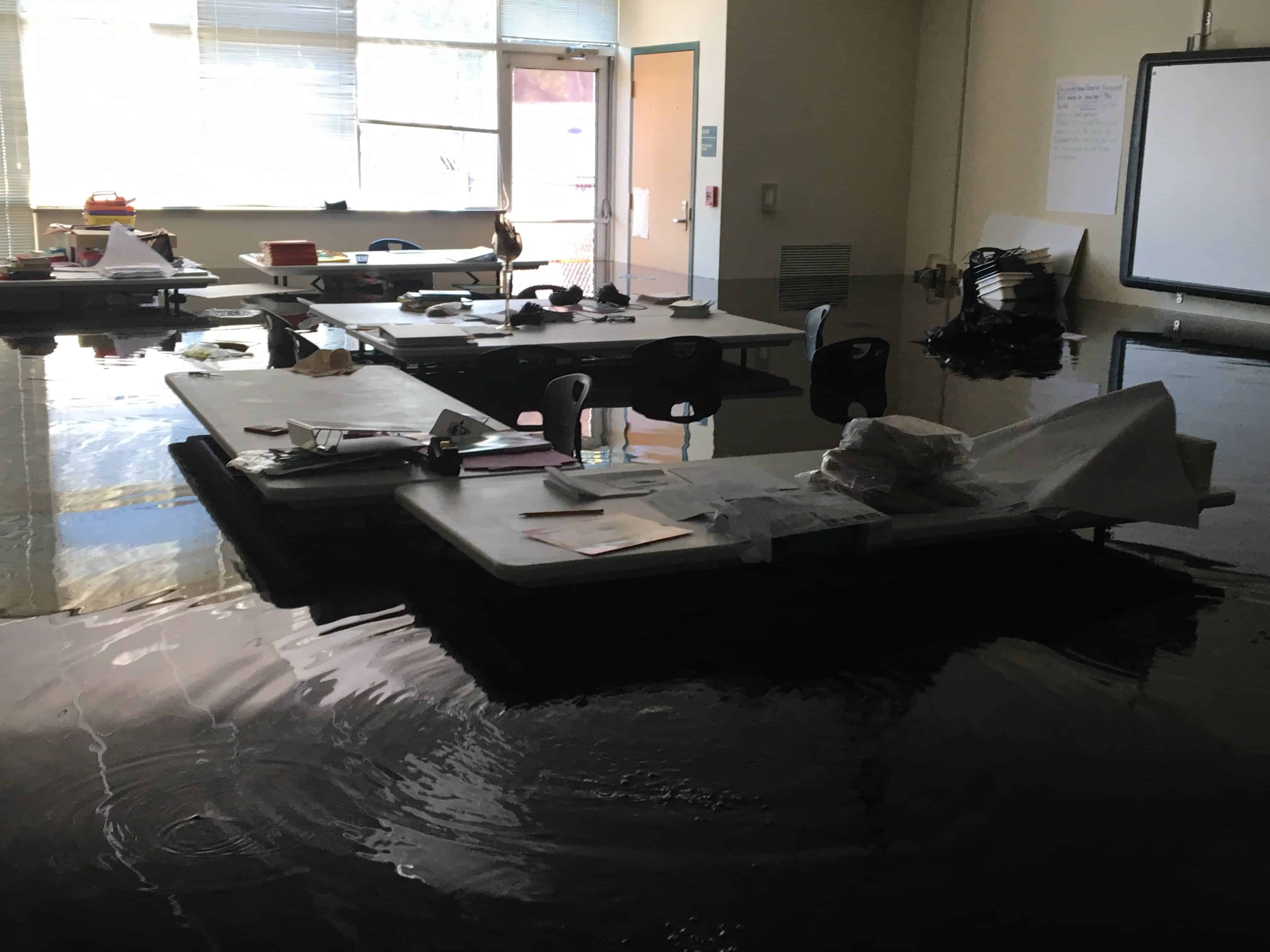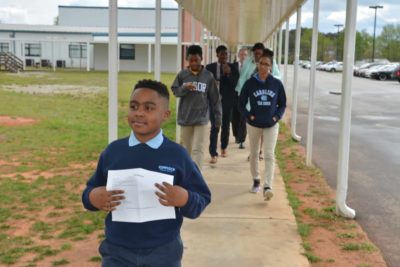North Carolina is not a homogeneous state. This is perhaps best seen in the divide between rural North Carolina and the state’s urban areas.
Particularly when it comes to education, the two areas couldn’t be more different. Urban school districts often have more local money to supplement teacher and administrator pay, better resources, and more up-to-date facilities.
As seen during Hurricane Matthew, rural areas can also be disproportionately affected by natural disasters. Our reporting in Princeville showed how many students were displaced from their schools, with one school—Princeville Elementary—still closed, perhaps for the rest of the year. Those students have been moved elsewhere, but there is no argument that their education has been disrupted.
Finally, for low-income students attending low-performing schools in rural parts of the state, access to opportunity is different.
In the upcoming election, we are focused on the three races that we feel are the most important when it comes to education in North Carolina. Those are the gubernatorial race, the Lieutenant Governor race, and the race for Superintendent of Public Instruction.
We reached out to the candidates to get their takes on what the state can do to help students in rural areas. The campaign of Attorney General Roy Cooper, the Democratic candidate for Governor, did not respond.
So, below we round up the views of those candidates who did respond.
Gubernatorial
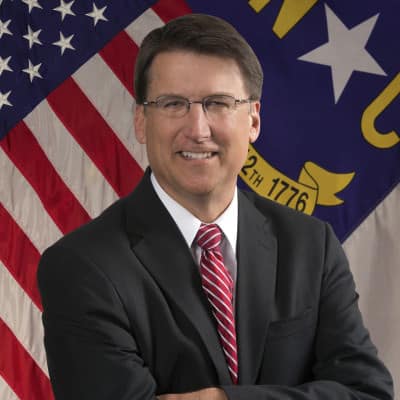
While we couldn’t get comments directly from Governor Pat McCrory, the Republican running to retain his position, his top education advisor Catherine Truitt offered us via email some thoughts on what North Carolina can do to make sure rural students see opportunities for the future.
She said that students around North Carolina can utilize the College and Career Promise, for one.
“Any student attending a NC public HS (high school) can take online community colleges courses and earn post-high school credit. In fact, 40% of NC students graduate from HS with some post-secondary credit,” she said.
She also mentioned community colleges and the advantages they bring to state students.
“Our community college system in NC is the 3rd largest in the country after TX and CA. All NC students live 30 minutes or less from a community college. Vertical articulation agreements put in place by this administration allow credits to transfer thereby reducing the cost of a four-year degree by half when attending a community college for two years prior to starting at a UNC-system university.”
Finally, she said that post-secondary training and education is a goal of McCrory’s, noting that by 2025, 67 percent of jobs in the state will require “some post-secondary training and education.”
“The Governor has made this a state-wide goal and the education cabinet has committed to aligning their strategic plans to ensure that we reach 67% by 2025. One way to guarantee that students across the state know what opportunities are available to them is by funding career coaches employed by our community colleges to high schools so they can work to educate students and their families.”
Lieutenant Governor
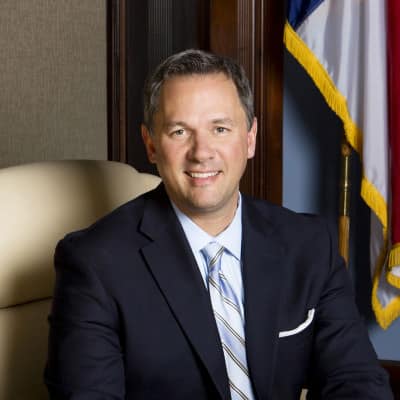
Lieutenant Governor Dan Forest, the Republican candidate for the position, responded via email that there will never be “enough” money for any school, whether it is in the city or the country.
“If we operated under the belief that the more money you spend on education means better results, then Washington D.C.’s school district should have the highest results because they get the highest amount of per pupil funding in the nation — instead they are dead last in student outcomes. Furthermore, other states like New York, which spends more than twice as much per pupil than we do, actually score on average 10 points less on SAT for both math and reading.”
Forest said we need to find the “appropriate” number that best helps North Carolina classrooms, and we need to be able to “track” how districts are spending money.
“Now, I understand that rural school districts supplements are lower, sometimes non-existent, than our urban areas, however we offset these disparities through the Tier system. Rural and lower income areas do receive additional funding from both the state and the federal government to offset lower local tax revenues and lack of supplements. This is one of the major reasons why North Carolina ranks 7th in the nation in state level funding of education and almost dead last in local funding of education.”
He also said that the state can be doing more to show students what opportunities are available to them.
“There is obviously always more that we can do for our rural counties, but I believe this General Assembly and Governor have made great strides over the last four year for our students in those communities.”
He went on to mention the state’s Digital Learning Plan, which is the responsibility of a committee he chairs on the State Board of Education. He said through the Digital Learning Plan, the state has a “game plan” to bring high-speed broadband to all classes. He said that should be done by the next school year.
“What this will do for our students, especially our rural students, is bridge the socioeconomic divide that has separated our state for far too long. No longer will a student in rural Bertie County not be able to have the same access to high quality materials, curriculum and instruction as his/her peers in Chapel Hill. By providing high speed broadband internet to every classroom, any student at any time will have instant access to a world class education. That same student in Bertie County will have the opportunity to take a class from a professor at the Science of School and Math (which is actually already happening around the state in rural areas, just not accessible to everyone). Or that student, in real time can have access to the latest text book instantly through a simple download.”
Forest said this will help to “equalize” education for all students, no matter how much money they have or where they live.
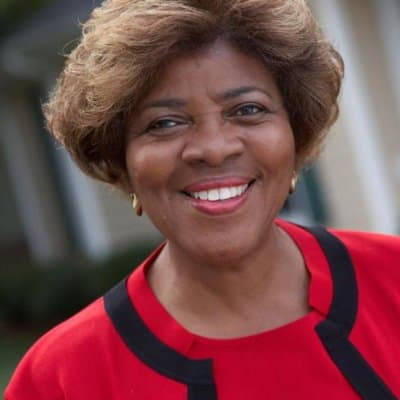
Linda Coleman, the Democratic candidate for Lieutenant Governor, said that rural counties don’t get enough money from the state.
“Across the state, we have seen a dramatic decrease in education funding over the past four years, especially when we account for inflation. Given this knowledge, rural counties are being asked to do more, with less. Teacher salaries are being supplemented through counties, and given the economic state of many of our rural areas they are not being brought up to the national average or being compensated like their counterparts in urban centers.”
She went on to say that we need to be investing and expanding tech infrastructure and making sure that not only classrooms but students’ homes have access to the Internet, so that education can take place not only in schools but at home as well.
“Through expanding broadband, we are laying infrastructure to recruit and retain businesses to our rural areas that do have equivalent economic development of outside areas. Moreover, through partnerships between private business and our community college system we ensure students are being trained for 21st century jobs and businesses are having their workforce needs met.”
And that expansion needs to be all encompassing, she said, reaching all cities and counties.
“We need to be looking at developing centers through evaluating regions that can be brought together to attract business: examples of this include Research Triangle Park and the Triad. If we can develop areas like this in our rural counties we can begin to see improvements in education and quality of life.”
She also said that education is the “great equalizer” that can bring hope to students who feel stuck in rural communities, and giving such students a way to make it to the middle class is essential. Again, she thinks the Internet can help.
“Through investing in broadband internet, ensuring our classrooms have adequate resources — especially in science and math — encouraging vocational development and creating economic development, we give our students a pathway to be successful.”
Finally, she said that community colleges have an essential role to play.
“Our community colleges do an excellent job at workforce development and training, and through continuing to partner with early colleges and high schools, students have the opportunity to learn a skill that interests them and puts them on a pathway to being successful.”
Superintendent of Public Instruction
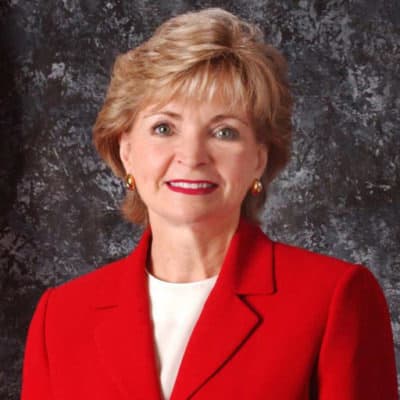
Superintendent of Public Instruction June Atkinson, the Democratic candidate for the position, said that educators need to recognize that different schools have different needs. She said there are rural schools with stable workforces and rural schools with transient workforces.
It’s those transient schools that present problems.
“We recognize that the schools are constantly starting over with new teachers, and they don’t have the benefit of professional development that may have occurred in the past.”
She said rural schools in the Western part of the state often have much more stable workforces as opposed to those in the Eastern region. Rural districts in Eastern North Carolina often don’t have specialists in math, Career and Technical Education, or language arts.
“The people at the central offices are generalists, so they cannot provide as much help to the teacher in the classroom.”
She suggested a regional or “subregional” approach to professional development that would be run through the Department of Public Instruction and other partners would be a good way to address some of the needs of struggling rural teachers.
She also said that quality preschool is vital to struggling rural districts and that the state needs to give them the resources to provide it.
She said that teacher salaries are also an essential piece in helping rural districts. Often teacher salaries end up being far higher in urban districts than in rural ones.
“We have traditionally had the smallest variance between teacher salaries in different school districts than any other state. And that is being eroded. We have the Low Wealth Schools, we have Small School districts funding. But with the General Assembly not funding teacher salaries to the level that we need to fund teacher salaries, we’re seeing that inequity.”
Atkinson also said the state needs to provide access to the state’s Virtual Public School for free, so that students in rural districts can have access to courses that, perhaps, they can’t take at their current schools.

Mark Johnson, the Republican candidate for Superintendent of Public Instruction, had a simple answer on what he would do for rural schools and districts.
“Good local leaders know best what they need in their schools and communities,” he said in an email. “As NC Superintendent, I would make it a priority to listen to good local leaders and give them the support they need for their local initiatives. Not tell them what Raleigh thinks they need.”
Read more about the candidates here.
